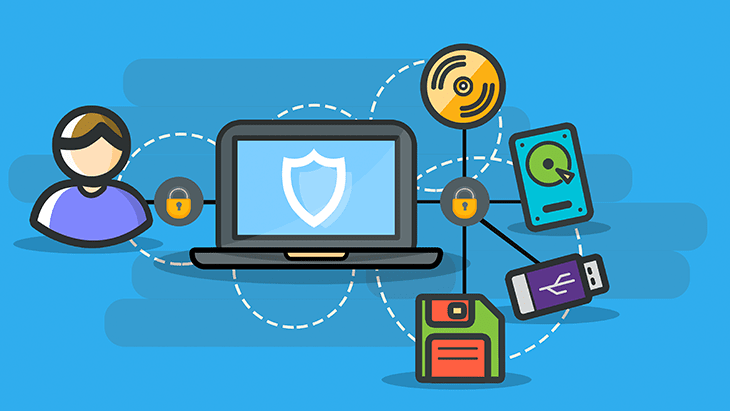- Local time
- 8:44 AM
- Posts
- 342
- OS
- Windows 11
I didn't know where exactly to post this one! The title says it all! I want to make sure no other person can access my eexternal usb drive.
I am just looking for some reliable software which will not eventually lock myself out!
I am just looking for some reliable software which will not eventually lock myself out!
My Computer
System One
-
- OS
- Windows 11
- Computer type
- Laptop
- Manufacturer/Model
- Lenovo Legion 7i
- CPU
- Intel i7-12800HX
- Memory
- 32 GB DDR5 4800 MHz dual-channel
- Graphics Card(s)
- NVIDIA® GeForce RTX™ 3080 Ti
- Sound Card
- Steinberg UR44
- Hard Drives
- 1 TB SSD (M.2 NVMe PCIe 4.0 x4
2 TB SSD Samsung 980 PRO NNMe
- Browser
- Firefox
- Antivirus
- Windows Defender + Malwarebytes







